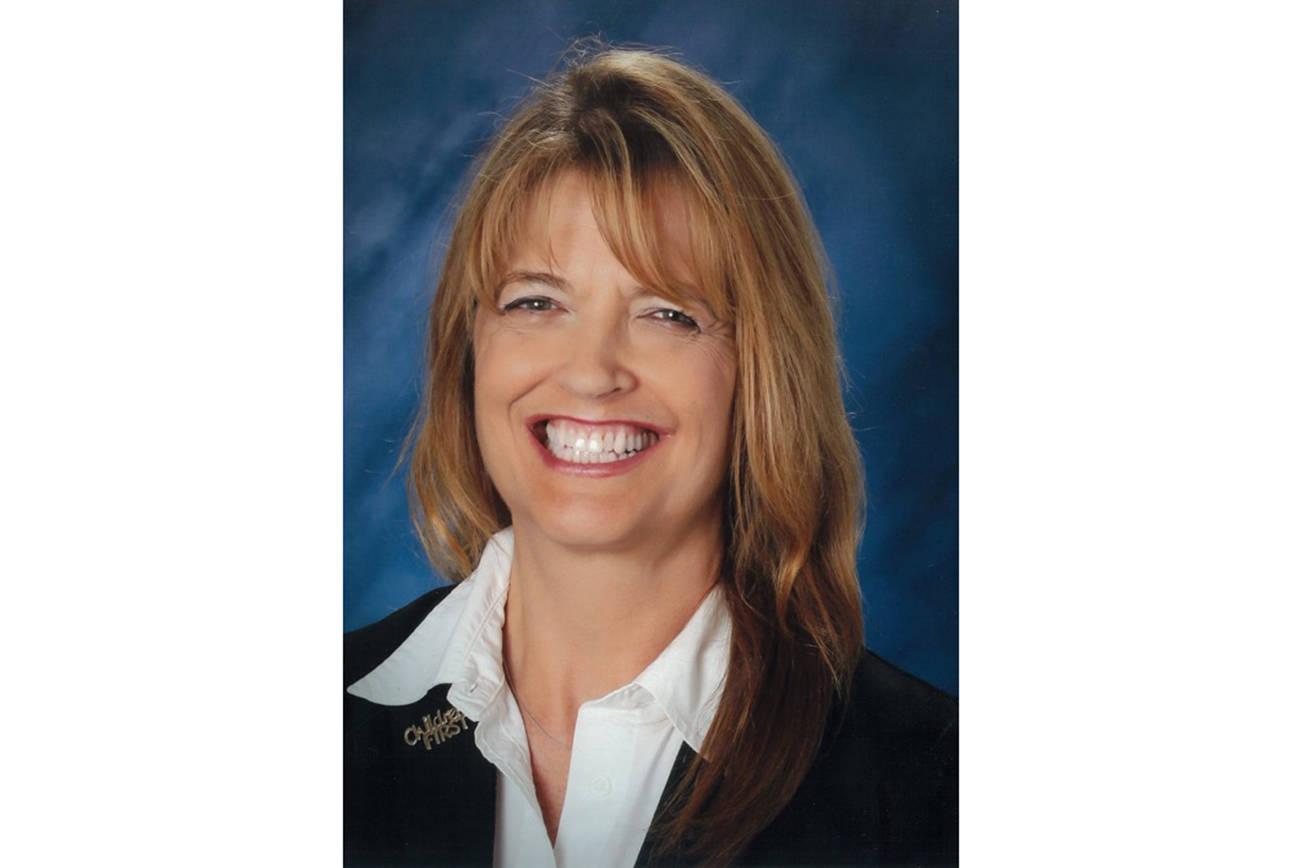By Donna Colosky
Mercer Island School District, in partnership with our greater Island community, is participating in a Kindness Matters initiative from Jan. 27 through Feb. 14, when the district begins mid-winter break. Our schools are joining thousands of others around the nation in participating in The Great KindnessChallenge. In this challenge, schools work together to create a culture of kindness in their building, reminding us that kindness can be the norm. We want to spread a “culture of kindness” Island-wide.
January and February have traditionally been months with specific days that allow us to bring social emotional learning and kindness into Mercer Island School District classrooms.
Celebrating the legacy of Martin Luther King Jr., and his inspirational approach to civil rights action allows for us to reflect on the impact of kindness and empathy on our students in their current and future socio-emotional development. Valentine’s Day in February allows for the focus on the character trait of caring and reminds us that our students need empathy in order to become compassionate citizens that can truly have an impact on our community.
Research shows us that it is the little interactions, rather than big interventions that truly make a difference for our students (and each other) on a daily basis. The same applies to our larger community.
The word empathy is used a lot, but what does it really mean? Empathy is a concerned response to another person’s feelings. It involves thinking, feeling, and even a physical reaction that our bodies have to other people when we relate to how they feel. To have empathy, we have to notice and understand others’ feelings, but that isn’t enough. We also need to care about and value them.
Children and teenagers naturally have the capacity for empathy, but that doesn’t mean they develop it on their own. They learn why empathy is important by watching and listening to the adults and peers around them. The adults in our schools and community all play a role in helping students develop empathy and compassion.
One role adults can play is helping students expand their circle of concern. People are inclined to feel more empathy for those who are similar to them or in close proximity to them. But when it comes to building a school community and developing caring students, that’s not enough. In strong school communities, students (and adults) have empathy for everyone – including those who are different in background, beliefs, or other ways. When community members show that they care about everyone and expect children to do the same, it can help students open their eyes and ears to others, including those who are sometimes treated as invisible.
Another important role is encouraging students to take the leap from having empathy to acting on it. Too often, we assume that young people will automatically know what to do when they feel concern for a peer or an adult, and then do it. But we all sometimes fall into the empathy-action gap, when we care about a person or cause but don’t do anything to help. Adults can help young people overcome this gap by modeling and encouraging them to take action, whether it’s standing up for someone who is teased, helping to solve a problem, or simply listening to someone who is feeling down.
As we start the new decade, make the small changes to inspire others through small acts of kindness. Smile at someone when you pass them on the street or in a store, say hello to others by name, or ask how they are doing and really listen to their response. All of these small interactions model a culture of kindness for our Island community. It can be just one small random (or intentional) act of kindness that can make someone’s day and even year. Kindness matters.
Donna Colosky is superintendent of the Mercer Island School District.



